
Author Mads Timmermann
Mads has 14+ years of experience as a skin expert and has written/read this article.
Introduction
Acne is a common skin condition that affects millions of people worldwide. It can be frustrating to deal with and even more so when trying to find the right treatment. One such treatment that has gained traction in recent years is the use of zinc, a mineral known for its various health benefits. Before incorporating zinc into an acne treatment routine, however, it's important to be aware of some key factors to ensure its effectiveness and safety.
Zinc works by regulating the production of oil in the skin and reducing inflammation. Research has shown that many people with acne tend to have lower levels of zinc in their bodies, making it a potential solution for those combating breakouts. However, the best form of zinc to use for acne treatment is still up for debate, and understanding the differences between the various types will help ensure the most optimal results.
Despite its promising properties, using zinc for acne is not without potential side effects. Some people may experience mild reactions, such as irritation or itching. Being aware of these concerns and having a thorough understanding of how zinc works to treat acne can help users maximize the benefits while avoiding potential risks.
The Role of Zinc in the Body
Zinc is an essential mineral that plays a crucial role in various aspects of our health. It is found throughout the body, including our cells, tissues, and organs. The primary functions of zinc are to support the immune system, metabolism, wound healing, and maintain our sense of taste and smell.
As an important component of our immune system, zinc helps defend our body against infections and illnesses. It also aids in the production of proteins and DNA, contributing to growth and development, especially during childhood and adolescence.
In the context of skin health, zinc is known for its anti-inflammatory properties. It can help reduce redness, swelling, and inflammation associated with acne breakouts. Additionally, zinc aids in the regulation of sebum production, which is the oil produced by our skin. An excess of sebum can contribute to the development of acne, so maintaining a balance is essential for clear skin.
Another role of zinc in the body is its involvement in cellular metabolism. This means it plays a part in the process that converts the food we eat into the energy our cells need to function properly. As such, having an adequate amount of zinc in our diet can help ensure we have the energy we need for daily activities.
Lastly, zinc is vital for maintaining our sense of taste and smell. This is because it plays a role in the function of specific proteins responsible for detecting taste and smell. A deficiency in zinc can compromise our ability to fully experience these senses.
In summary, zinc is an essential nutrient that supports our immune system, metabolism, skin health, and our ability to taste and smell. Making sure we get an adequate amount of zinc through our diet or supplements can help maintain overall health and well-being.
Acne and Zinc: The Connection
As we deal with acne, it is essential to understand the connection between acne and zinc. Zinc is an essential mineral that our body needs to perform various functions, including supporting our immune system and reducing inflammation. This mineral plays a crucial role in acne treatment and prevention for several reasons.
Firstly, zinc has anti-inflammatory properties that can help reduce the redness and swelling associated with acne. This is particularly beneficial for those with cystic acne, as the inflammation can be quite severe and painful. By reducing inflammation, zinc helps improve the appearance of acne-prone skin and may help prevent further breakouts.
In addition to its anti-inflammatory properties, zinc also has antibacterial properties which can help in fighting acne-causing bacteria. Acne is often a result of excess oil and bacteria buildup on our skin. The antimicrobial nature of zinc helps in keeping the skin clean and reduces the likelihood of new acne.
Another important aspect of zinc in acne treatment is its ability to regulate sebum production. Sebum is the oil produced by our skin, and when it is overproduced, it can clog pores, leading to acne breakouts. Zinc aids in controlling the production of sebum, ensuring that our skin maintains a healthy balance of moisture without becoming excessively oily.
To maximize the benefits of zinc for acne, it's essential to choose the appropriate form of zinc supplementation. Oral supplements are generally considered more effective than topical treatments, as they typically provide a higher concentration of the mineral. However, you should consult with a healthcare professional before starting any new supplement regimen.
In conclusion, we can confidently say that understanding the connection between acne and zinc is crucial in managing and preventing breakouts. The anti-inflammatory, antibacterial, and sebum-regulating properties of zinc make it a great ally in our quest for clear, healthy skin.
Benefits of Using Zinc for Acne

Anti-Inflammatory Effects
One of the significant benefits of using zinc for acne treatment is its anti-inflammatory properties. Zinc helps to reduce inflammation and redness associated with acne breakouts, making it an effective option for those experiencing frequent or severe acne flare-ups. By soothing the skin and calming inflammation, we can expect an overall improvement in the appearance of acne-prone skin.
Antibacterial Properties
Another advantage of using zinc for acne is its antibacterial properties. Research shows that zinc may help fight the bacteria that can often cause acne, such as Propionibacterium acnes. By targeting and eliminating these harmful bacteria, we can reduce the likelihood of breakouts and promote a healthier, clearer complexion.
Reduction of Oil Production
Lastly, zinc has been found to help regulate the skin's sebum (oil) production. Overproduction of sebum can lead to clogged pores and the formation of acne. By incorporating zinc into our acne treatment regimen, we can help manage oil production and prevent clogged pores, minimizing the chance of new breakouts.
Choosing the Right Zinc Supplement
Oral Supplements
When looking for a zinc supplement to help combat acne, it's important to choose the right form. We suggest opting for chelated forms of zinc, such as zinc picolinate or zinc glycinate, as they are known for their higher bioavailability. These forms are easily absorbed by the body, making them more effective in addressing acne-related issues.
It's important to consult with a healthcare professional before starting any new supplement regimen, as taking excessive amounts of zinc can cause adverse side effects.
Topical Creams and Lotions
In addition to oral supplements, zinc can also be found in various topical creams and lotions, which can directly target the affected areas on the skin. The anti-inflammatory properties of zinc may help reduce redness and inflammation associated with acne.
When selecting a topical zinc product, look for formulations that combine zinc with other acne-fighting ingredients, such as salicylic acid or benzoyl peroxide.
Remember to patch test any new topical product on a small area of skin first, to ensure there are no adverse reactions. As always, it's a good idea to consult with a dermatologist or healthcare professional before adding new products to your skincare routine.
How to Use Zinc for Acne
Zinc has proven to be effective in treating mild to severe acne, thanks to its anti-inflammatory, antibacterial properties, and its ability to regulate sebum production and boost cell turnover. There are two main ways to use zinc for acne treatment: oral supplements and topical treatments.
Oral Supplements
Oral zinc supplements are generally considered more effective than topical treatments. They are available in various forms, such as zinc gluconate, zinc sulfate, and zinc picolinate. The recommended daily dosage for treating acne varies, but it is usually between 30-40 mg of elemental zinc. However, it is essential to consult with a healthcare professional before starting a zinc supplement, as excessive zinc intake may lead to side effects or interfere with absorption of other minerals.
To enhance the effectiveness of oral zinc supplements, it's recommended to combine them with other nutrients such as vitamin A, vitamin E, and selenium, as these nutrients work synergistically with zinc to support healthy skin.
Topical Treatments
Topical zinc treatments come in various forms, such as creams, gels, lotions, and ointments. To use a topical zinc product, first, cleanse your face with a gentle cleanser, pat dry with a clean towel, and then apply a thin layer of the zinc product to the affected areas. You should follow the instructions on the product packaging or consult with your dermatologist for guidance on how often to apply the treatment.
When choosing a topical zinc product, look for formulations that contain zinc oxide or zinc PCA, as these forms have been shown to be most effective in treating acne. You can also find products that combine zinc with other acne-fighting ingredients like salicylic acid or benzoyl peroxide to provide a more comprehensive approach to treating acne.
Remember to be patient when using zinc for acne treatment, as it may take several weeks for noticeable improvements. Consistent use and adherence to a proper skincare routine will increase your chances of successfully combating acne with zinc.
Potential Side Effects
We want to inform you about some potential side effects you might experience when using zinc for acne treatment. It's essential to be aware of these side effects to ensure you're making an informed decision about your treatment. While zinc is generally considered safe and effective, some individuals might experience side effects, especially when taking it as an oral supplement.
Firstly, mild side effects of oral zinc supplements may include stomach cramps, nausea, and vomiting. These issues usually occur when people take high doses of zinc over an extended period. It's important to follow the recommended dosage and consult your healthcare provider if you experience any discomfort.
Secondly, extended use of high doses of zinc supplements may result in copper deficiency. Zinc and copper interact with one another, and excessive intake of one could affect the other's absorption. A balanced intake of zinc and copper is crucial to maintaining overall health. To avoid this deficiency, consider including copper-rich foods in your diet, such as nuts, seeds, and seafood.
Lastly, topical zinc products like creams and lotions may cause minor skin irritation and allergic reactions in some people. Sensitivity to these products varies from person to person, so it's crucial to perform a patch test before applying it over a larger area. If you experience redness, itching, or any other signs of irritation, discontinue using the product and consult a healthcare professional.
In summary, while zinc is generally considered safe, it's essential to be aware of the potential side effects and follow the recommended guidelines to ensure the best results for your acne treatment. Always consult a healthcare professional if you experience any adverse effects or have concerns regarding the use of zinc for acne.
Consultation with Healthcare Provider
Before using zinc for acne treatment, we highly recommend consulting with a healthcare provider. They can help determine if incorporating zinc into our skincare routine is appropriate based on our specific needs and health concerns. Not only can they provide personalized advice on the type of zinc supplement or product best suited for us, but also the correct dosage to ensure maximum effectiveness while avoiding potential side effects.
When discussing our acne situation with a healthcare professional, we should mention any existing skin conditions or sensitivity we have, as well as any medications or supplements we are currently taking. This information will allow them to determine the compatibility of zinc with our other treatments and prevent any possible negative interactions.
Our healthcare provider may recommend zinc-based medications in various forms, such as oral supplements, topical creams, or gels. The form of zinc we choose should be based on factors like our skin type, acne severity, and convenience. For example, oral supplements can be taken as zinc sulfate in a dosage range of 400 to 600 mg daily or 90 to 150 mg of ionized zinc (Zn2+) daily.
Incorporating zinc into our acne treatment plan should be done with care. While it may not be the only solution to combating acne, zinc can provide benefits such as strengthening our immune system, which in turn helps fight off bacteria contributing to acne formation, and reducing inflammation associated with redness and swelling.
By consulting with a healthcare provider before starting zinc-based acne treatments, we can ensure that we are taking the right steps towards clearer, healthier skin while staying safe and informed.
Conclusion
In summary, utilizing zinc for acne treatment can be a helpful approach, but it's essential to know the crucial aspects before implementing it in your skincare routine. Among the various forms of zinc available, finding the most suitable one for your specific needs is vital based on the research findings.
We must emphasize the importance of understanding that acne-causing bacteria, p. acnes, are not inherently harmful since many strains live on our skin as "commensals". These helpful microbes naturally reside in or on our bodies, contributing to overall skin health.
When considering zinc for acne treatment, keep in mind that oral and topical forms have varying effectiveness. Research indicates that zinc may provide relief for certain types of acne, such as cystic acne or stress-induced breakouts. However, it might not be effective for all acne cases.
Incorporating zinc into a skincare routine may require consulting with a healthcare professional to determine the appropriate dosage and regimen. Taking too much zinc may have side effects, so it's imperative to exercise caution.
Lastly, as each individual's skin condition and acne experience are unique, it is crucial to maintain a balanced and personalized skincare routine and consult with a dermatologist before beginning any treatment, including the use of zinc for acne therapy.
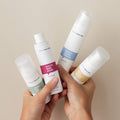
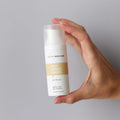
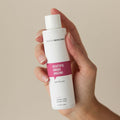
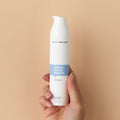
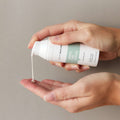
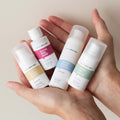
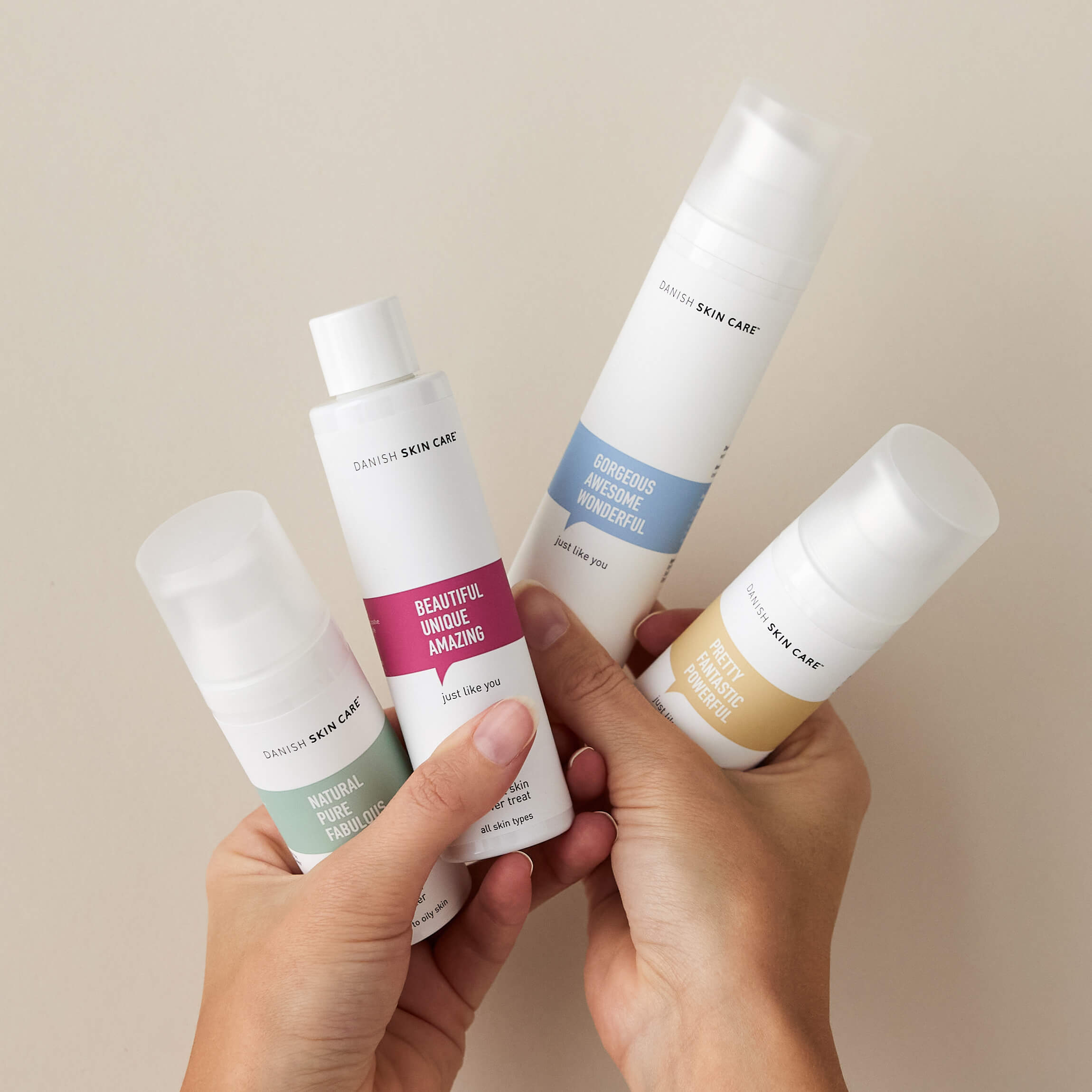
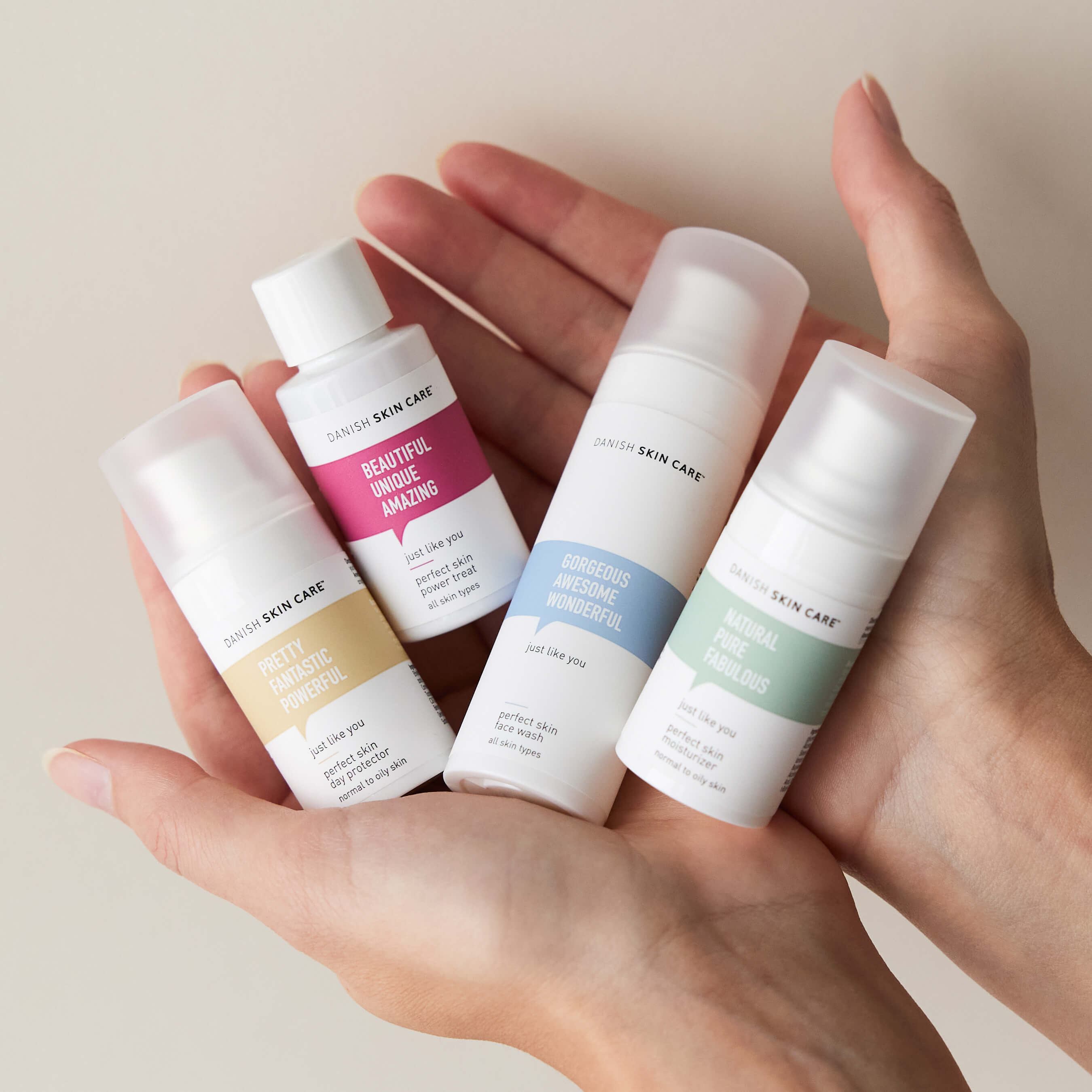

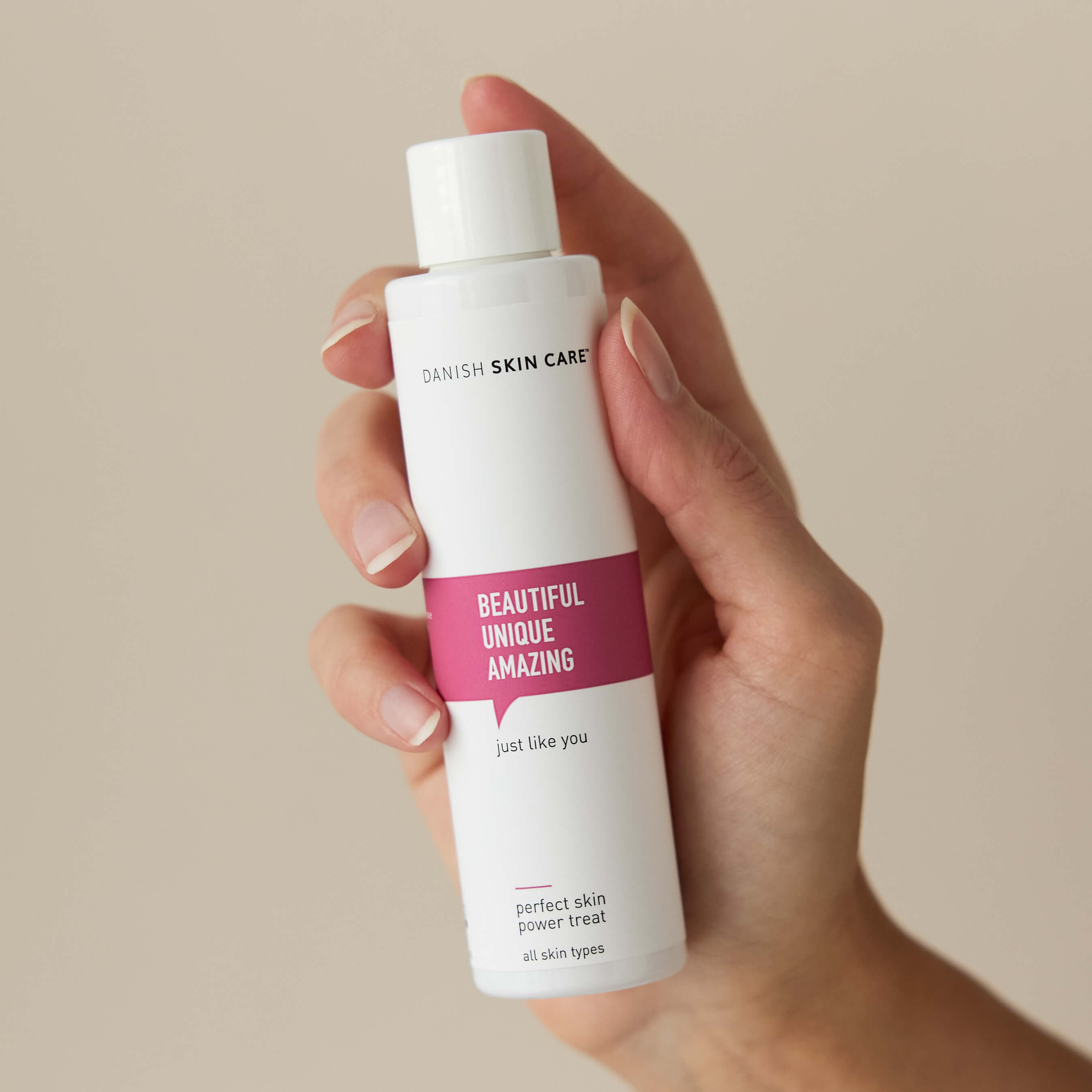


Leave a comment